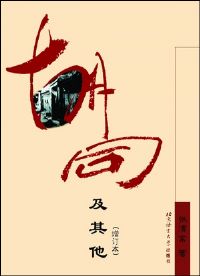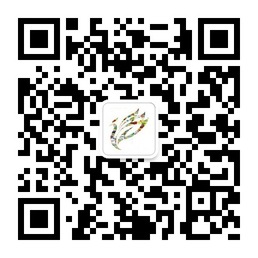Online Bookstore
Hutong and Others
Author:Zhang Qing Chang
- Medium:Books
- ISBN: 9787561912720
- Page Count: 258
- Size:
- Pub Date:2004-01
- The book weight: 462 g
- Annotation Language:
- Course:Reading
- Target Audience(Age):Adults
- Target Audience(Language):Advanced
- Price:
-
Category: Readers & Supplements >Readers >Culture
- The product sample: >>Contents and Lesson 1













